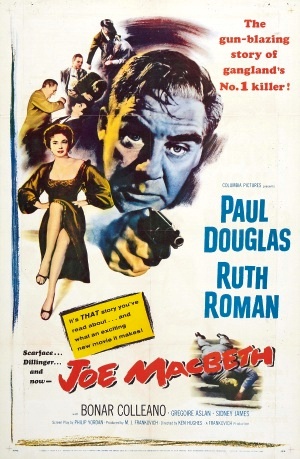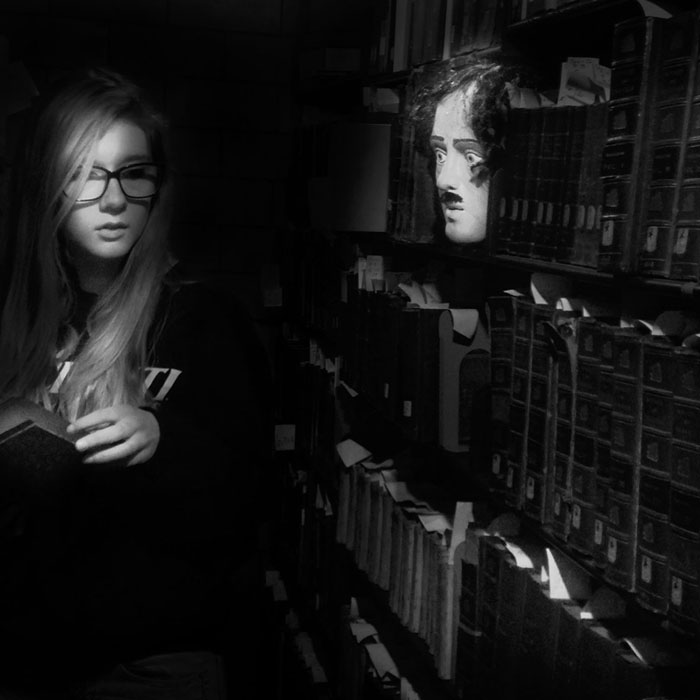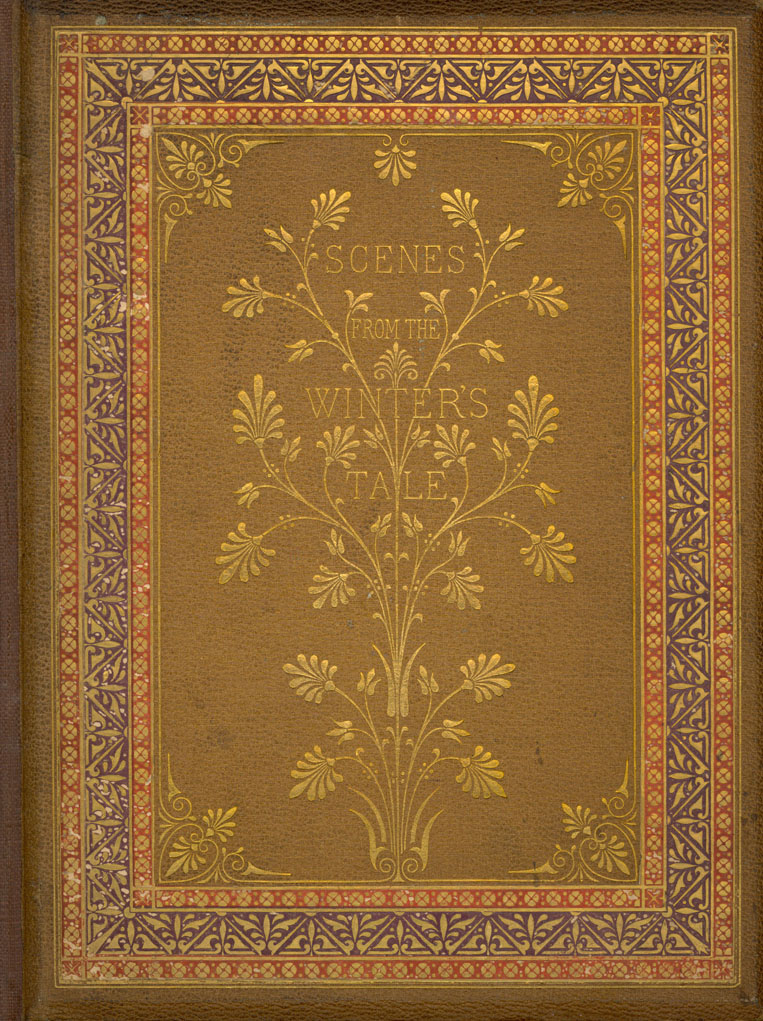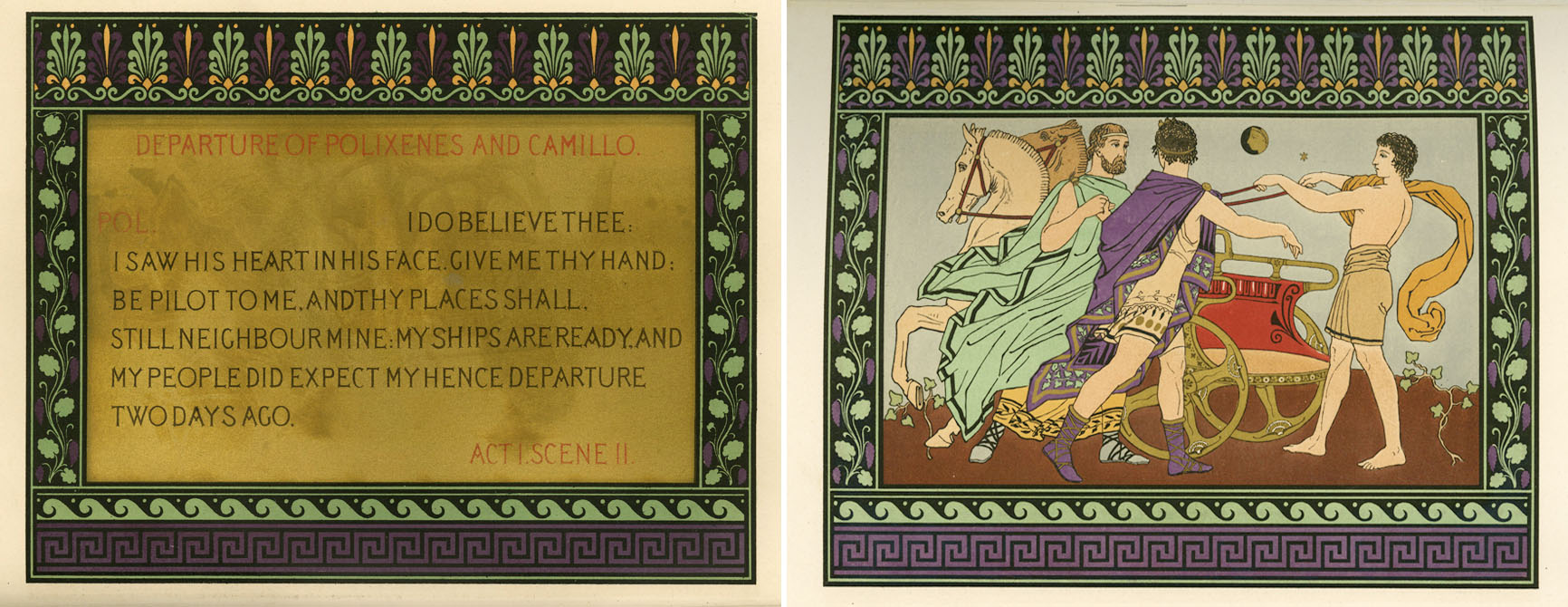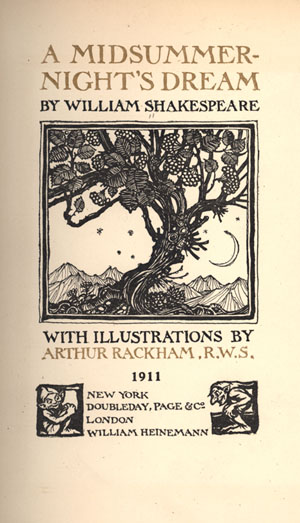By: Sydney Vollmer
Cordelia, Desdemona, Juliet, Lavinia, and Ophelia: What do these strange names have in common? For one, they are all women in Shakespeare’s plays, as you might have guessed. More specifically, they are all characters from his tragedies. Based on their individual circumstances, it’s easy to see that Shakespeare was not kind to his women—but to be fair, he wasn’t very kind to the men in these plays either. Even so, I’d like to point out that none of these women died because they did something wrong. Most of these women died as a result of men acting irrationally. Most of them were pawns in games of power 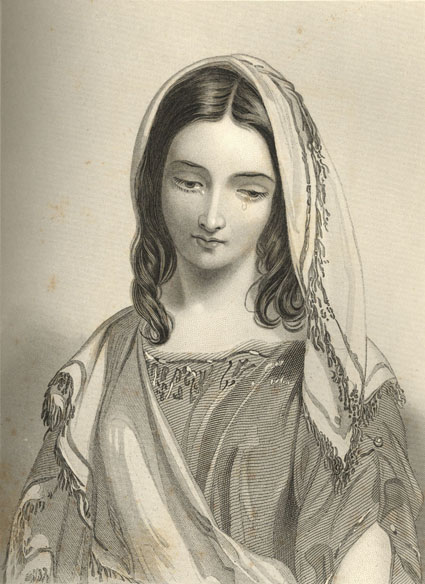 or revenge. At least the men died because they were the ones that did something stupid, so some of them kind of deserved it. It’s hard to discern the order in which to rank these undeserved tragedies, but I’m going to go ahead and let Lavinia take the crown.
or revenge. At least the men died because they were the ones that did something stupid, so some of them kind of deserved it. It’s hard to discern the order in which to rank these undeserved tragedies, but I’m going to go ahead and let Lavinia take the crown.
Poor Lavinia, from the devastating tragedy of Titus Andronicus, is the daughter of the play’s namesake. Her father deals in some shady business about who he is going to have her marry, and it ends with her being dragged through the woods by three men. It’s pretty easy to guess what they wanted to do with her in the woods. After they each had their fill, they cut off her hands and slit her tongue out of her mouth so she couldn’t reveal what had happened. Eventually, she was able to write out what had become of her by holding a stick in her mouth and writing in the dirt. Enraged, her father took revenge on the men. Then he realized that since his daughter was no longer innocent and this had happened out of wedlock, she was not fit for life. He then killed his daughter whom he had just worked so hard to avenge. Feel free to argue that another woman on this list had it worse, but I’m pretty sure we’re all in agreement on this one. Continue reading →
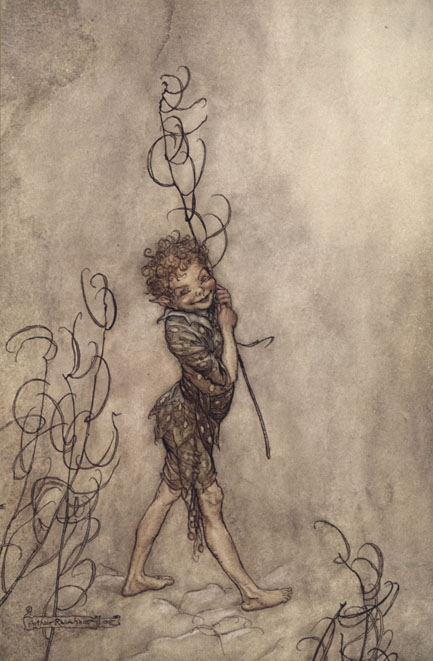 We all remember Puck from A Midsummer Night’s Dream. What a little imp. Well, actually, he isn’t quite an imp. He’s more of a hobgoblin. In fact, Puck is less a name than a species. Throughout mythology, “Puck” is interchangeable with “Robin Goodfellow.” The names come in different forms among various languages, but they all translate roughly to either “pixie” or “hobgoblin.”
We all remember Puck from A Midsummer Night’s Dream. What a little imp. Well, actually, he isn’t quite an imp. He’s more of a hobgoblin. In fact, Puck is less a name than a species. Throughout mythology, “Puck” is interchangeable with “Robin Goodfellow.” The names come in different forms among various languages, but they all translate roughly to either “pixie” or “hobgoblin.”

